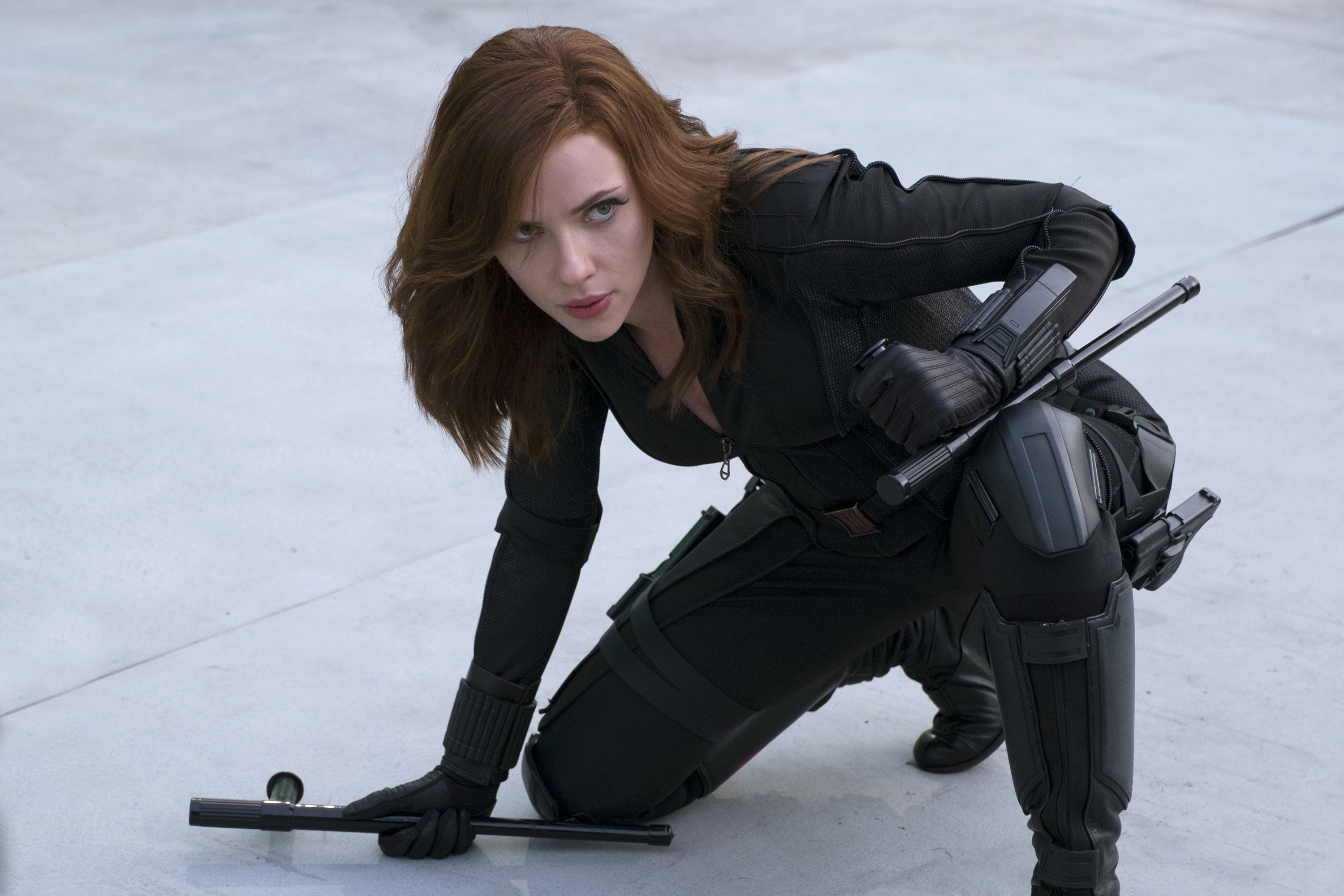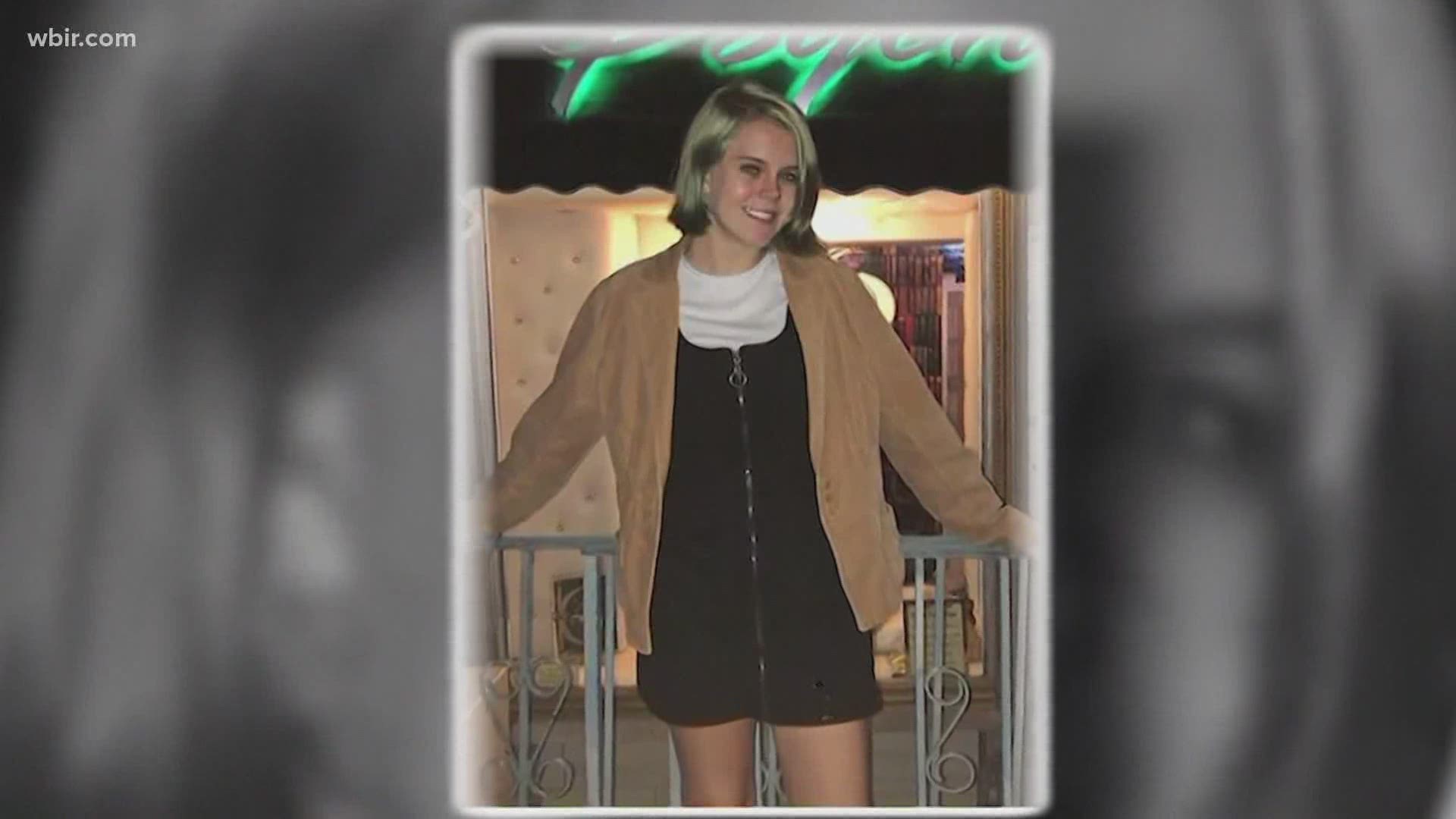School is almost out, but expect Hollywood to get graded this summer, particularly when it comes to women.
That’s because last summer started with a bang called Mad Max: Fury Road, George Miller's feminist action epic with Charlize Theron in the driver’s seat, followed by Amy Schumer’s stereotype-defying rom-com Trainwreck and the high notes hit by Elizabeth Banks’ directorial debut Pitch Perfect 2.
Those were highlights. The lowlights scorched those feel-good moments like a sunburn.
Just recall Bryce Dallas Howard’s head-scratching high heels in the jungle of Jurassic World (coupled with sexist workplace dialogue), Furious 7’s awkward game of "rock, paper, scissors” to call dibs on a potential female conquest, or Entourage’s tone-deaf commitment to eye candy.
The outlook on female-centric films is depressingly cyclical, says Oscar winner Geena Davis, a women's activist who has watched waves of discussion on the topic since Thelma & Louise debuted 25 years ago. "As time wore on, I realized — so every few years a movie comes out starring women and does great and is a big hit. And it's announced that 'This changes everything,' " she says, only to revert back.
Hollywood had a whole year to think about its missteps in front of a moviegoing audience that's 51% female, a 2015 study by the Motion Picture Association of America found. So despite a "pale and male" outlook for film in 2016, according to USA TODAY’s diversity study released earlier this year, how do women fare at the cineplex this summer?
Good news first: Out of 13 Marvel films, current box-office king Captain America: Civil War ($205 million and counting) is the studio's “most gender-balanced entry to date,” says Jen Yamato, entertainment reporter for The Daily Beast.
That's partially because Black Widow (Scarlett Johansson) is finally more than a romantic foil or broken woman (fans called sexist foul over her infertility breakdown in 2015's Avengers: Age of Ultron), and Scarlet Witch (Elizabeth Olsen) has begun grappling with her independence. "I feel like I’ve been able to grow with the character," says Johansson.
“It’s nice to see the women of Marvel finally have more to deal with than helping men — even synthetically created and all-powerful android men — sort out their issues,” says Yamato. “And it certainly took long enough.”
It didn't happen by accident. Creating female characters who are as strong as their male counterparts was “of the utmost importance to us,” says Joe Russo, who directed Civil War with his brother, Anthony Russo, and happens to have three daughters at home.
“When they go to see these films, they want a role model, they want a character they can access as much as I do,” he says.
Then there's Alice Through the Looking Glass (in theaters May 27). In the sequel, a determined Alice (Mia Wasikowska) faces a Victorian London more apt to diagnose her with hysteria than heed her quest to bring the Mad Hatter's family back together.
Putting characters like the empowered Alice or Angelina Jolie's multifaceted Maleficent into the ether is screenwriter Linda Woolverton’s life’s work, she says, ever since she penned 1991’s Beauty and the Beast, determined not to create a “throwback victim heroine.”
Woolverton acknowledges the huge responsibility she feels writing these characters. “My personal mandate is with every one of these movies, I’m nudging the view of women and girls forward just a little bit," she says.
The rest of summer continues to resemble a game of catch-up.
“The feeling that I've been getting — and that I often hear from other women in the industry — is that while things are starting to change, we still have a long way to go,” says Kate Erbland, film editor at Indiewire.com. "The difference this time is that outcry has been so sustained, so pointed and so probing that it can no longer be ignored as it was in the past.”
Female led-films like Ghostbusters (July 15) and Finding Dory (June 17), voiced by Ellen DeGeneres, will fight for space in summer months crowded with dude-heavy fare, including The Nice Guys (May 20, starring Russell Crowe and Ryan Gosling), Central Intelligence (June 17, with Dwayne Johnson and Kevin Hart), Teenage Mutant Ninja Turtles: Out of the Shadows (June 3), Now You See Me 2 (June 10), Jason Bourne (July 29) and War Dogs (Aug. 19).
On July 29, Bad Moms, starring Mila Kunis, Kristen Bell and Kathryn Hahn, courts modern moms who feel judged by packing "the wrong lunch, or your kid hasn’t learned cello or Mandarin or whatever it is," says producer Suzanne Todd.
Written and directed by Jon Lucas and Scott Moore (who penned The Hangover), "the idea was they really wanted to write a love letter to their wives,” says Todd, calling the premise “so incredibly relatable to everybody. Moms by and large are very hard on themselves.”
And there's the curiously feminist Neighbors 2: Sorority Rising. The sequel opens with Seth Rogen and Rose Byrne’s characters on the cusp of selling their college-adjacent home — only to find out that a raucous sorority (led by Chloë Grace Moretz) has moved in next door, determined to thwart university rules and party just as hard as frat guys.
“The goal of what the women are doing in this one is honorable, in a weird kind of a way,” says director Nicholas Stoller, who hired two female screenwriters, Amanda Lund and Maria Blasucci, to consult on the script.
But equality remains a long way away. “We’re still focused on guys — Jason Bourne, (The Legend of) Tarzan, most of the Star Trek (cast),” says Jeff Bock, senior box office analyst for Exhibitor Relations. “Now You See Me 2 has five guys and one girl. It’s still not equal but it’s getting better."
True, female superheroes have assembled in big-budget popcorn movies, from X-Men Apocalypse's Jennifer Lawrence and Alexandra Shipp (May 27) to Zoe Saldana and Sofia Boutella in Star Trek Beyond (July 22) and women like Margot Robbie and Viola Davis dominating trailers for Suicide Squad (Aug. 5).
But they still vie for precious screen time — and will continue to until next summer's Wonder Woman starring Gal Gadot, who was widely praised as the best element of the critically bashed Batman v Superman: Dawn of Justice. "The role that I’ve been given is this iconic, amazing, super über-woman and it’s super-important," says Gadot.
“Most superheroes are men, and certainly the vast majority of standalone superhero movies focus, again, on male superheroes," says Erbland. "While the tide is slowly turning, the disparity between male characters and female characters is immense.”
Do stars think strong female role models have an effect on girls?
"I totally do," says Melissa McCarthy, a mom to Vivian, 9, and Georgette, 6, with husband Ben Falcone. "Just seeing Hillary (Clinton). When we tell the girls that there’s never been a female president, the fantastic thing is that they did not believe us."
Female representations matter, echoes Susan Nolan, psychology professor in the Women and Gender Studies Program at Seton Hall University in South Orange, N.J.
Nolan cites a recent Geena Davis Institute on Gender in Media and J. Walter Thompson Company survey, which found that 90% of women globally feel that female role models in film or TV are important, 61% said female role models in film and TV have been influential in their lives, and 58% said female characters have inspired them to be more ambitious or assertive.
“We need not just more female characters, but more female characters of varying backgrounds — careers, ethnicities, body types, ages, and so on," she says. "And we need more depictions of women who are intelligent, assertive, and in charge of their own lives.”
This summer, it's Ghostbusters that's pulling the weight where women are concerned, says Bock. Starring McCarthy, Kristen Wiig, Kate McKinnon and Leslie Jones, "that really is front and center women," he says.
The film was voted the most anticipated summer comedy in a recent survey by movie-ticket site Fandango.com, yet slime-spewing ghosts have nothing on the vitriol surrounding the comedy's reception. “It’s no coincidence that the all-lady Ghostbusters is already the most unfairly maligned film of the year,” says Yamato, citing “overwhelmingly misogynist” attacks on the film, including a campaign to downvote its trailer on YouTube.
Director Paul Feig, who is now finishing the film, says he understands some who resist a beloved movie being rebooted. “But then when you get this microfraction of people that just have a problem with women, that’s just shocking that in 2016 that would even be an issue," he says.
His M.O.? "I’m just trying to show off people with talent I know they have and give them the roles and let them shine. That’s what you do with men," says Feig, who helmed last summer's McCarthy-led hit, Spy. "That’s what you do with anyone that’s talented."
Contributing: Bryan Alexander, Kelly Lawler and Brian Truitt

![Trailer: 'Ghostbusters' [video : 81313632]](http://videos.usatoday.net/Brightcove2/29906170001/2016/03/29906170001_4786308229001_video-still-for-video-4786278899001.jpg?pubId=29906170001)

